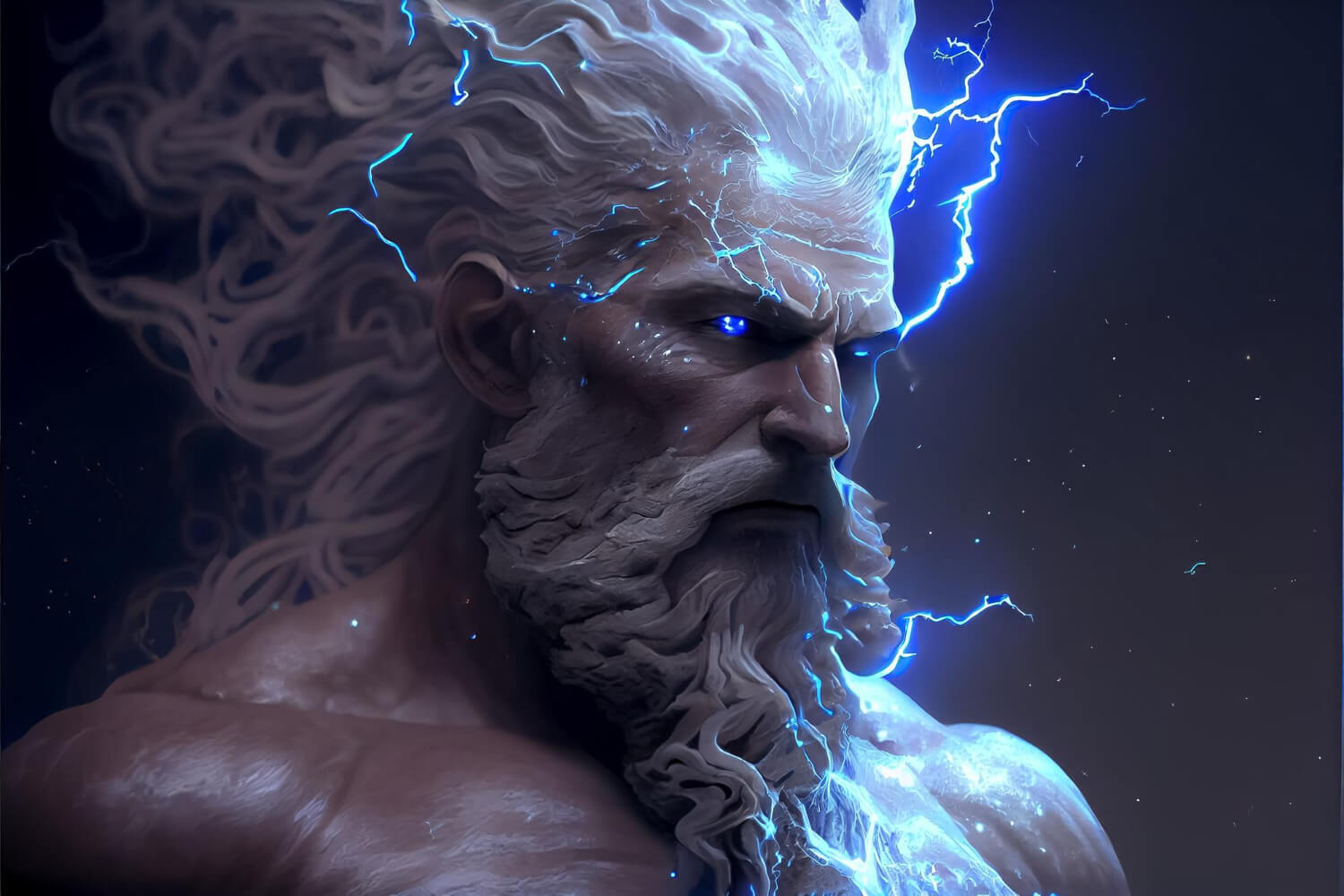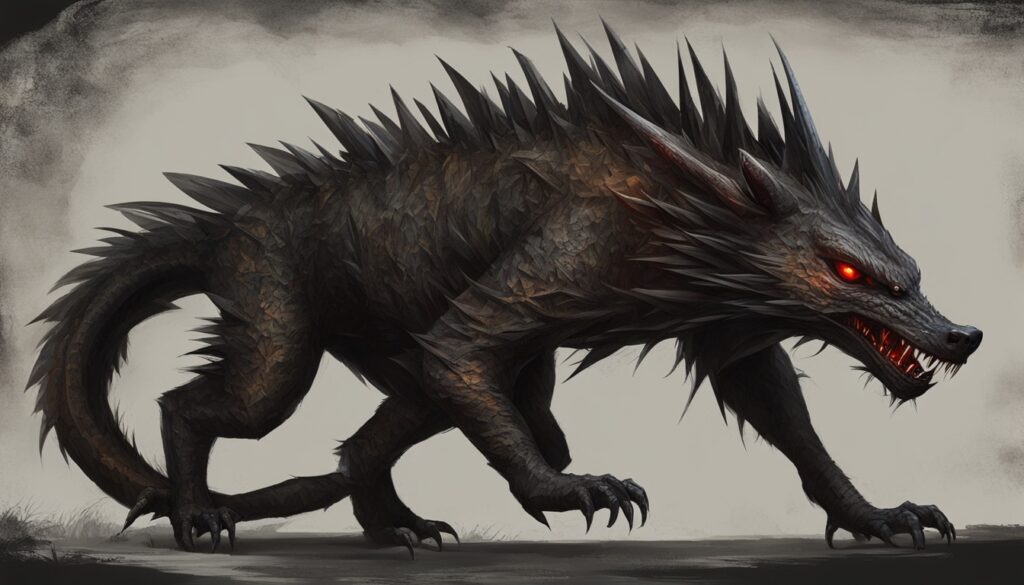Unraveling the Myth: Who Killed Zeus?

Introduction to the Myth of Zeus's Demise
Welcome to the intriguing world of ancient mythology, where the gods were mighty, and legends were crafted through stories passed down over the ages. Among these tales, the mythology surrounding Zeus—the king of the Greek gods—stands out with numerous narratives of power, wisdom, and sometimes, betrayal. A question that has captivated both scholars and enthusiasts alike is: who killed Zeus? While many might think of Zeus as an immortal deity, discussions about his demise have permeated the annals of mythology, raising intrigue and debate.
In this exploration, we delve into the myth of Zeus's alleged death. Although Zeus is generally known to be immortal, the concept of his mortality has been toyed with in various adaptations and narratives. This blog aims to unravel these myths, dissect ancient texts, and piece together interpretations that keep the question of Zeus's fate alive in modern times.
Exploring Ancient Texts: Evidence of Zeus’s Death
When we dive into the rich tapestry of ancient texts, the concept of Zeus's death becomes particularly peculiar. Most classical Greek texts, such as those by Homer and Hesiod, depict Zeus as an eternal figure, unchallenged in his dominion over the Greek gods. Yet, there are scattered references, albeit sparse, that hint at the possibility of his demise, primarily in later interpretations and post-Classical myths.
Some scholars point to variations in myths and lesser-known texts where Zeus's immortality is questioned. In certain Orphic traditions and mystery cults, the cycle of death and rebirth was a recurring theme, and Zeus's role as a god could be metaphorically interpreted as susceptible to such cycles. However, these texts often remain ambiguous, providing no definitive answer to who killed Zeus, but rather hinting at allegorical interpretations or lesser gods challenging his supremacy.
Common Theories Surrounding Zeus’s Alleged Murder
The question of who killed Zeus in mythology has birthed several intriguing theories. One theory suggests that Zeus was overthrown by his son, much like Zeus himself overthrew his father, Cronus. This cyclical nature of power struggles among the gods introduces the possibility of Zeus facing a similar fate.
Another theory delves into symbolic interpretations—where Zeus's death represents the decline of a particular cultural or religious paradigm, making way for new beliefs and ideologies. This theory aligns with the transformational nature of mythology, where gods rise and fall, symbolizing shifts in human consciousness and society.
Moreover, modern interpretations sometimes suggest that Zeus's "death" could be a metaphorical one, where his relevance wanes in favor of other deities or philosophies, echoing the natural evolution of mythological narratives over time.
Symbolism and Interpretations in Modern Culture
In today's world, the myth of Zeus's alleged death continues to resonate, serving as a potent symbol in various cultural discourses. The image of Zeus, a patriarchal and authoritative figure, has been adapted in contemporary narratives to reflect modern societal shifts. The idea of his "death" symbolizes the fall of outdated ideas, making room for newer, more inclusive ideologies.
In literature, films, and popular media, Zeus's story has been reimagined countless times, often to serve as a critique or reflection of current events. For example, stories where Zeus is challenged can represent the push against traditional power structures, questioning the status quo in a rapidly changing world.
This modern take on the Zeus death myth invites us to reflect on the ongoing evolution of mythology and its relevance, proving that these ancient stories continue to provide valuable insights into contemporary life.
Conclusion: The Legacy of Zeus in Mythology
As we conclude our exploration of the question who kills Zeus, it's evident that while definitive answers remain elusive, the myth of Zeus's demise offers rich terrain for interpretation. Whether viewed as allegory, a symbolic narrative, or a cultural reflection, the story of Zeus's fall—real or imagined—speaks to the enduring power of mythology.
Ultimately, Zeus's legacy in mythology is one of resilience and transformation. Though the tales of his death are few and far between, they add complexity to his character, reinforcing his domain over both ancient and modern storytelling. As long as questions about his fate persist, Zeus will remain an enduring figure, constantly reinterpreted in the light of new perspectives and cultural understandings.
In the ever-evolving landscape of mythology, Zeus's story reminds us of the power of narrative to shape, challenge, and inspire across generations.

What Happens When a Nine-Tailed Fox Demon Targets an Innocent Man? (Lore of The Deadly Gumiho)

Exploring the Dark Side of Mexican Folklore Creatures

10 Fascinating Facts About Moder, the Norse Mythology of a Giant Deer Like Creature